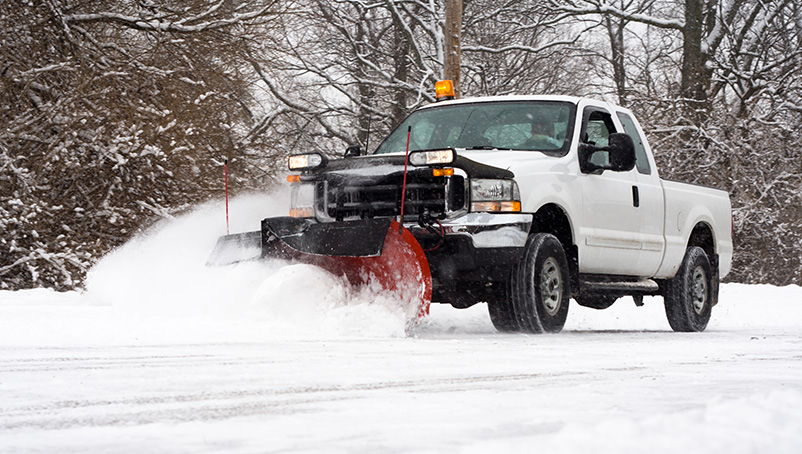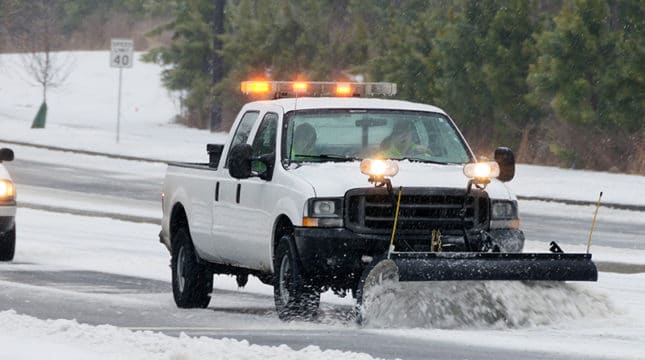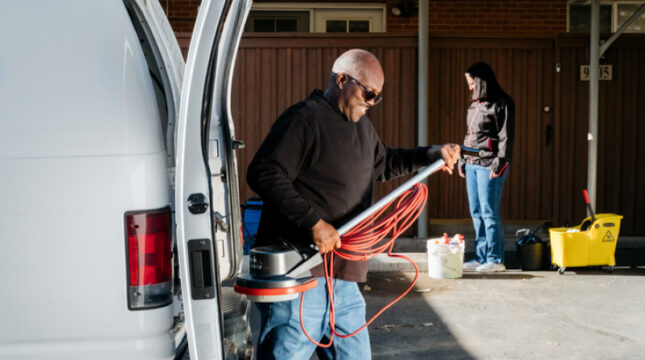Structure your small business for taxes and liability
Your business structure will affect how you file your taxes and your personal liability if someone takes legal action against your company. Choose which of these four options is best for you:
- Sole proprietor. This is the simplest way to structure your business if you’re a one-person shop. This is the default business structure if you do nothing; no special paperwork is required. The downside of this structure is that there’s no distinction between your business and your personal finances. If someone sues you as a business, your personal assets could be at risk.
- Partnership. If you work with one or more people with a stake in the business, you could establish a partnership. Partners contribute money and labor, and they share profits and losses. Partnerships must file an annual information return to report their income, but the business doesn’t pay taxes. Instead, the business’s profits or losses are passed on to the partners, and they report it on their personal tax returns.
- Limited Liability Corporation (LLC). In an LLC, the business owner(s) are known as members. LLCs are popular for small businesses and solopreneurs because they limit you from the debts of the company itself, which can help protect your personal assets. The business’s profits or losses are passed to the members and taxed at their personal income tax rate. An LLC is typically more expensive to set up than a sole proprietorship or partnership. You must pay an initial filing fee when establishing the LLC, plus an annual filing fee and taxes to the state.
- S Corporation. This structure has the most requirements. An S Corp allows small businesses to become incorporated and avoid paying taxes twice the way larger corporations do. Forming an S Corp may have tax advantages other business structures don’t, depending on your income.
If you need help navigating your business structure options, speak with a tax professional or attorney.
Learn more about the difference between independent contractors, sole proprietors and LLCs.
Create a solid business plan and marketing strategy
A business plan is like a roadmap to help your new company set goals and achieve them. There are several key components to a well-written plan, including:
- Executive summary. This describes your business, the type of services you will provide and whom you will provide them to.
- Market analysis. Understand what similar businesses do and how they’re doing it. Identify their strengths and weaknesses to help you find opportunities for your business. Define your ideal clients in this section to make sure there’s enough demand for your service.
- Expenses. At a minimum, you’ll need plow-ready trucks, snow plows, shovels, ice melt and snow blowers. If you don’t already have this equipment, create a budget and decide how you’ll pay for it.
- Income projections. Outline your income potential, including when you’ll reach your “break-even” point. If your business isn’t financially sustainable, you may need to reconsider.
Learn more about small business plan essentials: what to include and why.
Once you have a business plan in place, it’s time to look for clients. These tips can help you market your business:
- Promote by word of mouth. Tell your friends, family and neighbors about your new business and ask them to help spread the word.
- Create printed flyers. Post them on community bulletin boards or door-to-door in neighborhoods you’d like to target.
- Build a simple website. Explain your services, include your contact information and when you get some positive customer reviews, add those to your site as well. DIY options like Wix and Squarespace make it easy to create a professional-looking site.
- Get social on Facebook and Instagram. Social media is a simple and inexpensive way to get the word out about your business. Target groups and channels that are popular with potential clients.
- Cold call a list of high-potential clients. Businesses typically award snow removal contracts before the snow starts falling. If you want to land commercial contracts, start calling businesses in the early fall to pitch your snow removal services.
Learn more about advertising and marketing your small business.
How NEXT helps protect your snow removal business
NEXT makes it easy to get the snow plow insurance you need to protect your small business. Our customized insurance packages are tailored to meet your specific business needs.
Review your policy options, get a quote and purchase coverage — all in less than 10 minutes. Your certificate of insurance is available immediately after you pay your premium.
If you have questions, our licensed, U.S.-based insurance professionals are ready to help.
Start a free quote with NEXT.







